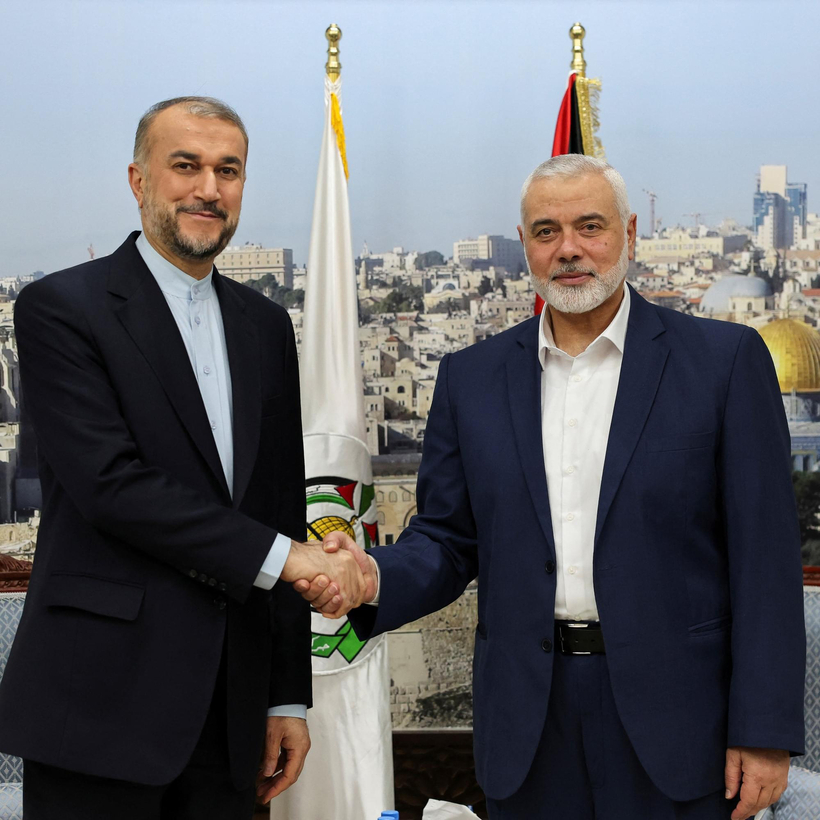One of the first things that Israel did on the morning of October 8 was to bomb the Hamas-owned National Islamic Bank in Gaza.
Following the October 7 slaughter of more than 1,200 people and the seizure of around 240 hostages, Israel vowed to destroy Hamas. But killing Hamas military fighters and their commanders on the ground is only one part of the challenge.


